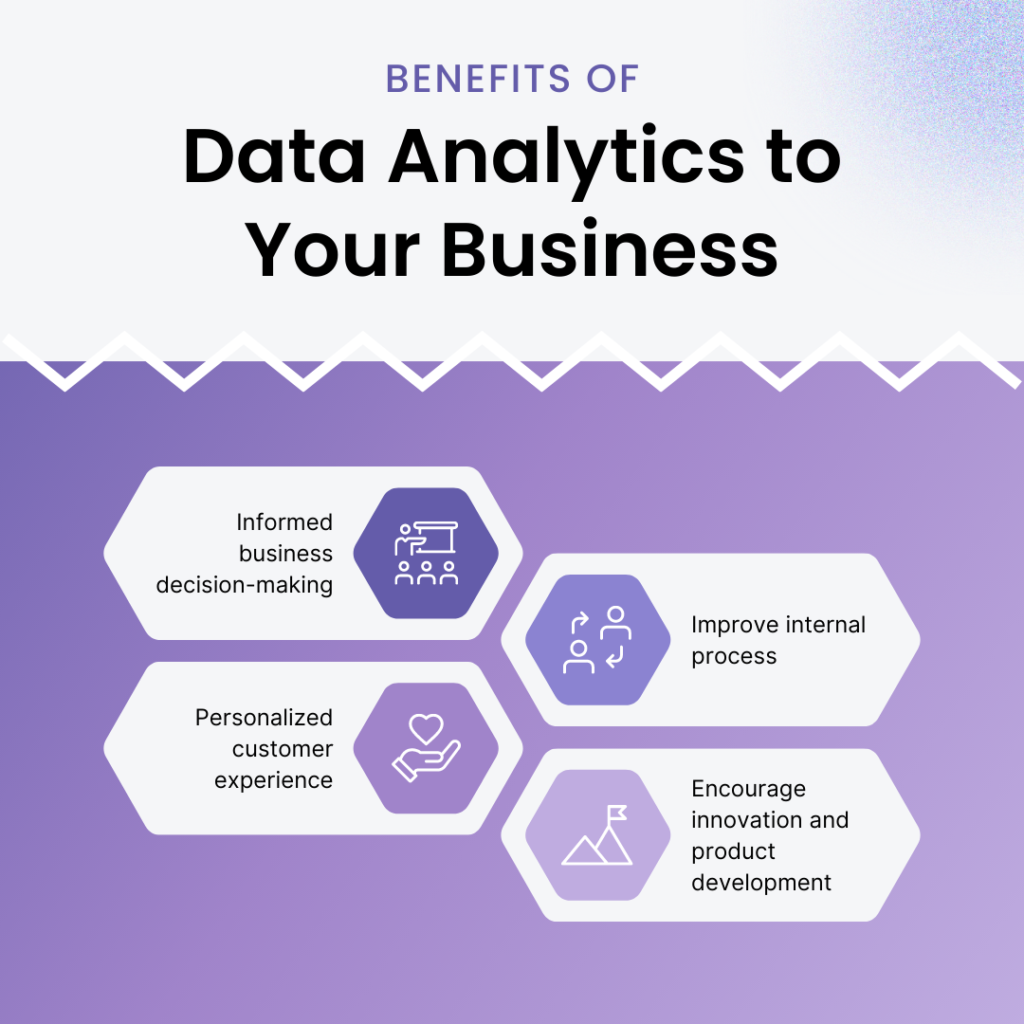Introduction:

In recent years, the financial landscape has witnessed a transformative shift with the advent of digital banking and fintech companies. One of the key innovations introduced by these entities is clean financing, a lending approach that provides loans to Small and Medium Enterprises (SMEs) without the need for collateral or securities. Instead, clean financing relies on advanced technologies such as data analytics, artificial intelligence (AI), and algorithms to assess creditworthiness. This article explores the concept of clean financing, its benefits, and the crucial role digital banking and fintech companies play in empowering SMEs with improved access to credit. Let’s delve into the details of this revolutionary financial solution.
1. What is Clean Financing?
Clean financing, also known as unsecured financing, represents a loan provision where SMEs can access funds without pledging any physical asset as collateral. Instead, digital banking and fintech companies rely on cutting-edge technologies to analyze vast amounts of data to determine creditworthiness and assess the risk of potential borrowers. This data-driven approach allows for a more accurate evaluation of a business’s financial health and repayment capability, leading to increased lending opportunities for SMEs.
2. Leveraging Data Analytics, AI, and Algorithms:

Digital banking and fintech companies utilize data analytics, AI, and algorithms to process a wide range of data sources, including historical financial records, transactional data, online behavior, social media activity, and other relevant information. By analyzing this comprehensive dataset, lenders can build credit profiles for SMEs and evaluate their creditworthiness based on real-time, up-to-date information.

3. Benefits of Clean Financing for SMEs:
a. Increased Access to Credit: Clean financing opens doors for SMEs that might struggle to secure traditional bank loans due to lack of collateral. This allows small businesses to grow, expand operations, and invest in new opportunities.
b. Faster Loan Processing: The use of digital technologies significantly reduces the time required for loan approval and disbursement, enabling SMEs to address urgent financial needs promptly.
c. Improved Financial Inclusion: Clean financing promotes financial inclusion by extending credit to previously underserved SMEs, contributing to economic growth and job creation.
d. Flexibility in Use of Funds: SMEs can utilize the funds obtained through clean financing for various purposes, including working capital, equipment purchases, business expansion, and technology upgrades.
e. Enhanced Transparency: The data-driven approach ensures transparent loan evaluations, providing SMEs with clear insights into the factors influencing their creditworthiness.
4. Risk Management and Lender’s Perspective:
a. Comprehensive Risk Assessment: Data analytics and AI algorithms enable lenders to assess risks more accurately, reducing the likelihood of defaults and non-performing loans.
b. Diversified Portfolio: Clean financing allows digital banks and fintech companies to diversify their loan portfolio, balancing risk and optimizing returns.
c. Cost-Effective Operations: The digitized lending process minimizes operational costs, making clean financing an efficient and scalable lending model.
5. References to Research and Case Studies:
a. McKinsey & Company Report on Digital Lending and SMEs
b. Harvard Business Review Case Study on Fintech Companies’ Clean Financing Models
c. World Bank Research on Digital Banking’s Impact on SMEs in Emerging Markets
Conclusion:
Clean financing, facilitated by digital banking and fintech companies, has revolutionized the lending landscape for SMEs. By harnessing the power of data analytics, AI, and algorithms, these innovative financial institutions offer a fair and accessible credit solution without the need for collateral. SMEs benefit from increased access to credit, faster loan processing, and enhanced transparency, while lenders enjoy improved risk management and diversified loan portfolios. As clean financing continues to gain momentum, it plays a vital role in empowering small businesses, fostering economic growth, and promoting financial inclusion on a global scale.

References:
– McKinsey & Company. (2020). “Unlocking the potential of digital lending in Asia.” McKinsey Digital.
– Harvard Business Review. (2019). “How Fintech Lenders Do Business Loans.” Harvard Business Review.
– World Bank. (2019). “Digital Banking and SMEs in Emerging Markets.” World Bank Research.

